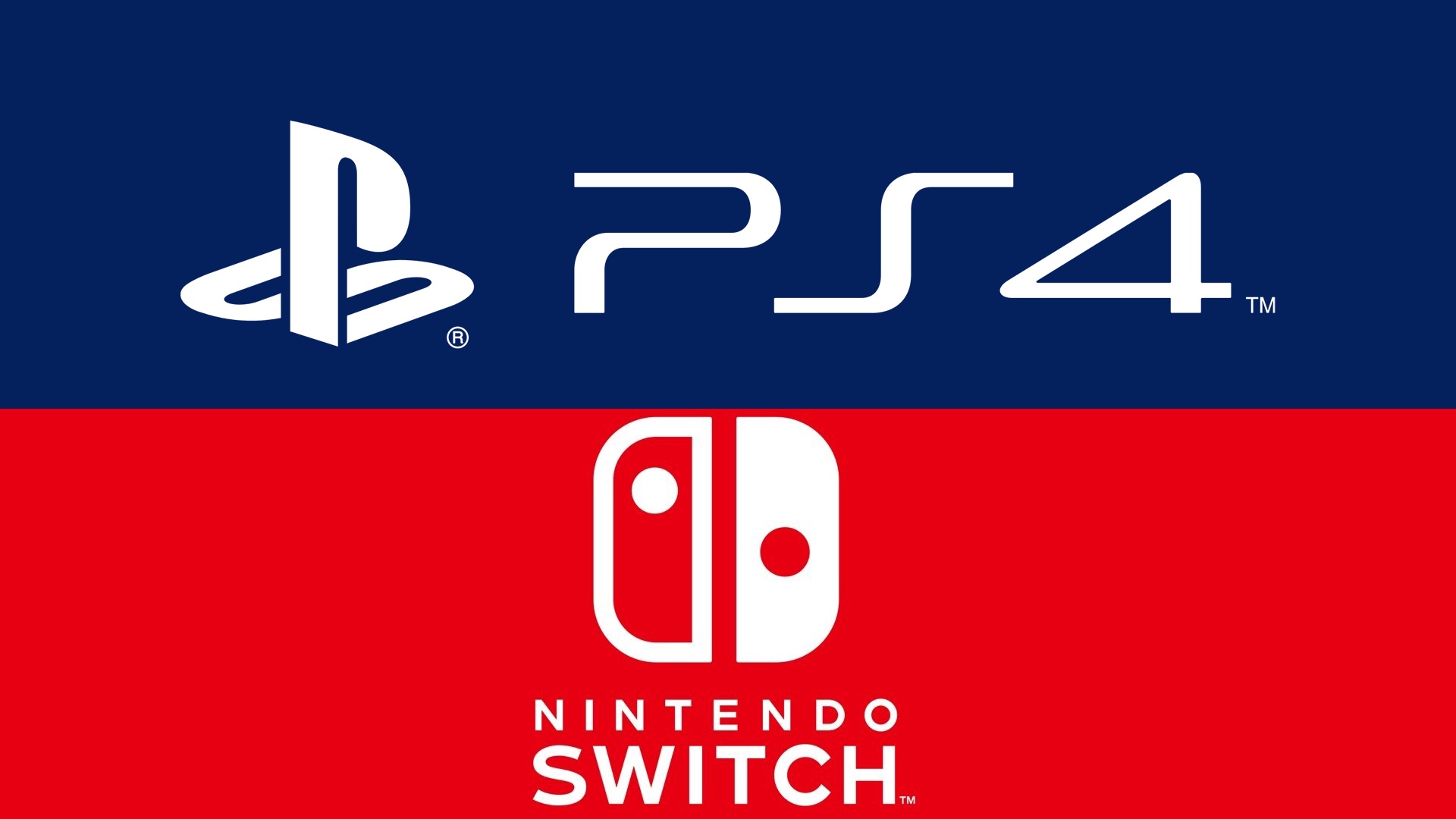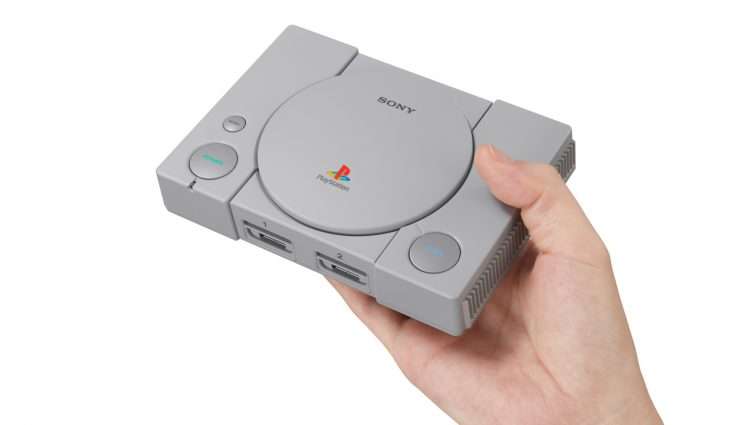
Sony announced the PlayStation Classic earlier this week. The microconsole is basically a riff on the NES Classic Mini and SNES Classic Mini concepts popularized by Nintendo, in that it is a miniature replica of the original machine in question, coming with a bunch of the most popular games pre-loaded on it, and no expandability. And there’s nothing wrong with that, to be honest—these machines are greatly nostalgic, and offer an easy and accessible way for people who grew up with them to be able to play some of their most beloved games without having to muck around with digital downloads or unofficial emulators. I have absolutely no issues with these existing, and as the success of the NES Classic Mini and SNES Classic Mini has shown us, there’s a ravenous market for these.
My issue comes from something else entirely—how these Classic microconsoles represent a change in how Nintendo and Sony approach backwards compatibility. You see, both companies used to be known for their extremely pro-consumer attitude in terms of library continuity and backward compatibility. Sony made sure the PS2 was fully compatible with the PS1, made sure the PS3 was compatible with both at launch, made sure that its digital PS1 Classic purchases would carry over across to PSP and PS Vita on one license, and then made sure the PS Vita would be as compatible with the PSP as possible in spite of a format change.
Nintendo, similarly, made the Gameboy Color fully compatible with the Gameboy, the Gameboy Advance fully compatible with Gameboy and Gameboy Color, the DS compatible with GBA, the 3DS compatible with the DS, the Wii fully compatible with GameCube games and controllers, and the Wii U fully compatible with Wii games and controllers. It was a very healthy attitude towards their legacy content and systems—both companies acknowledged that their customers likely had already spent some money on games, controllers, memory cards, and so on, and that that shouldn’t be annulled just because there is a new console on the market.
"The Nintendo Switch and PlayStation 4 are complete, clean breaks from every other console or handheld that has come before. Admittedly, there are good reasons for both—the PlayStation 4 switched away from the exotic and frankly problematic Cell architecture used by the PS3 towards a more industry standard x86-64, while the Switch moved from PowerPC to ARM (and also saw a change in format)."
But that changed this generation entirely. The Nintendo Switch and PlayStation 4 are complete, clean breaks from every other console or handheld that has come before. Admittedly, there are good reasons for both—the PlayStation 4 switched away from the exotic and frankly problematic Cell architecture used by the PS3 towards a more industry standard x86-64, while the Switch moved from PowerPC to ARM (and also saw a change in format). So, fine—for both companies, direct backward compatibility with their respective previous consoles or handhelds was not possible. That’s admissible.
But what about digital purchases, and digitally offered legacy content? Sony and Nintendo have both dragged their feet on that front this generation. For instance, Sony has completely eschewed the PS Classics program, which offered downloadable PlayStation games, on the PS4, even though the console is more than capable of playing those games. Not only that, but the new PS2 Classics program that have instituted does not acknowledge a customer’s purchases made previously (so if you already bought GTA: San Andreas via the PS2 Classics program on PS3, you will have to pay full price money for it on the PS4). It’s blatantly anti-consumer, and totally belies how digital continuity works, well, literally anywhere else.
Then there is Nintendo. Nintendo have entirely discontinued their Virtual Console program (so there isn’t even a question of them acknowledging your previously made purchases), and the most you can get in terms of legacy content on the Switch is NES games, offered as part of the online subscription, and with online play added. But that’s it—you can’t get SNES, N64, GameCube, Wii, Gameboy, Gameboy Color, Gameboy Advance, DS, or 3DS games on the system, in spite of how perfectly suited to retro gaming the Switch is as a console (something that third parties like Sega, Square Enix, SNK, and Capcom sure seem to recognize, given how much retro content they dump on it on a routine basis).
In both cases, the companies seem to have decided that selling these microconsoles is a better way of monetizing their legacy content than their digital services and backward compatibility. And you know what, these microconsoles are good, they’re very successful—it’s hard to argue with the results when the NES was the top selling console in June 2018, thanks to the incredible success of the NES Classic Mini, for example. But why can it not be both? Why is it one or the other? Why can I not also buy PS1 games on my PS4, in addition to getting the PlayStation Classic? Why can I not buy SNES games on my Switch, in addition to getting the SNES Classic Mini? Why is it one or the other?
"The most amazing thing is how both companies are being schooled by Microsoft on this front—Microsoft, previously the company that has been least likely to provide compatibility, is going above and beyond on the Xbox One."
The most amazing thing is how both companies are being schooled by Microsoft on this front—Microsoft, previously the company that has been least likely to provide compatibility, is going above and beyond on the Xbox One. Microsoft is offering backward compatibility with Xbox 360 and Xbox games, with a catalog that is ever expanding, and they don’t charge a single penny for it. If you already bought these games, you can play them on your Xbox One, and get enhancements along the way. If you bought the disc, you can play them on your Xbox One, and get enhancements along the way. While Nintendo and Sony are more than happy to sell full priced remasters of games not even half a decade old on their new machines, Microsoft offers full 4K upgrades for far older games for absolutely free on the Xbox One X.
As digital libraries and ecosystems become more and more important going forward, something that Sony and Nintendo are both acutely aware of, maintaining continuity and compatibility like Microsoft does will become ever more important. With the Switch and the PS4, Sony and Nintendo might have been able to get away with their clean breaks and their hard resets—they even had some good excuses—but this isn’t a stunt they’ll be able to pull off a second time. If the PS5 and Switch 2 are not compatible with their predecessors, you can bet customers will be far less understanding than they’ve been so far. Best to just avoid that situation.
Note: The views expressed in this article are those of the author and do not necessarily represent the views of, and should not be attributed to, GamingBolt as an organization.
















